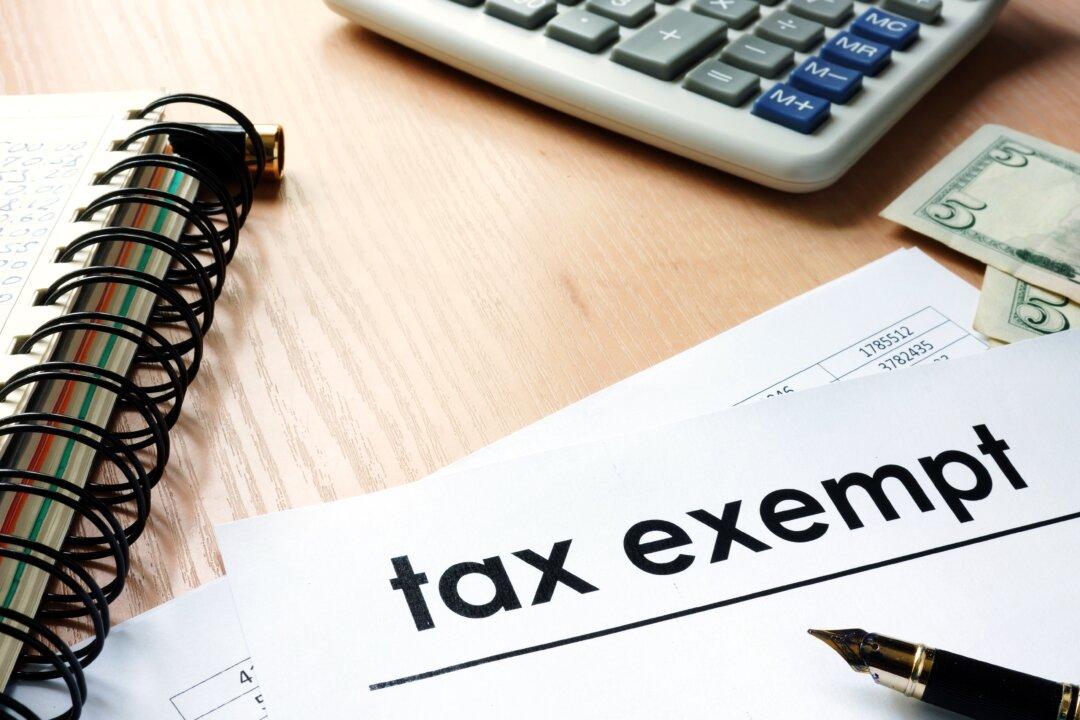More and more people are becoming gig workers due to the massive layoffs in recent days. It can be an excellent way to get some short-term income—and some people find that they can make more money through gigs than with a full-time job. Of course, you can expect to pay some taxes anytime income is generated.
Going from employee to freelancer places people unfamiliar with their new tax category in a position to make some common tax mistakes. In some cases, the new gig workers may be paying more than $3,000 in unnecessary taxes.






